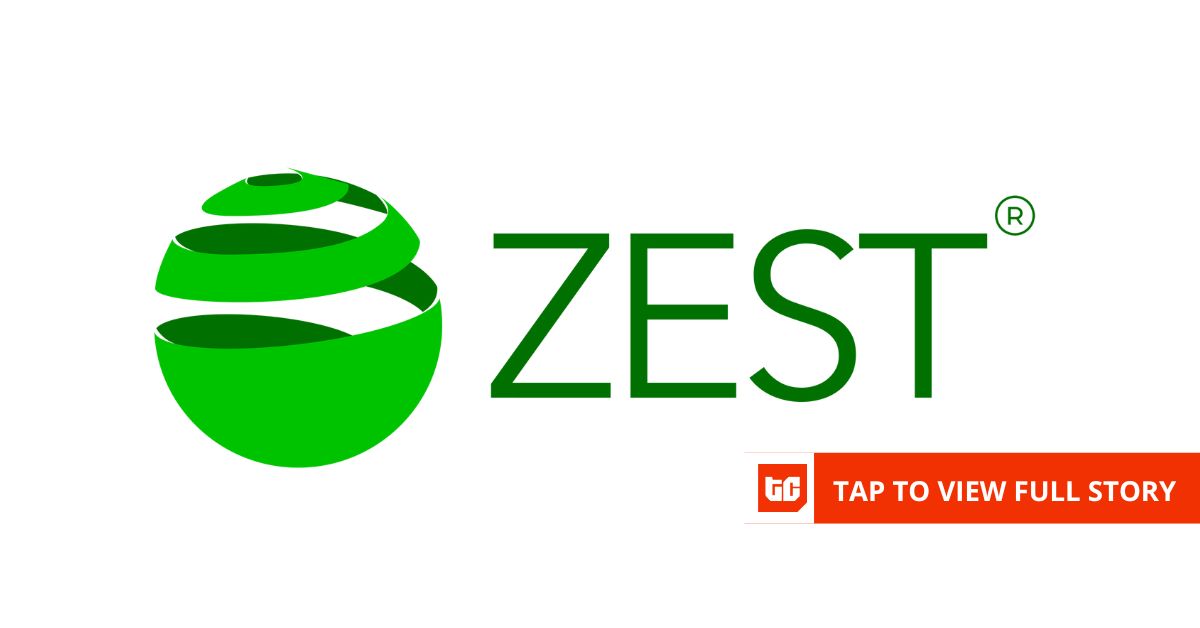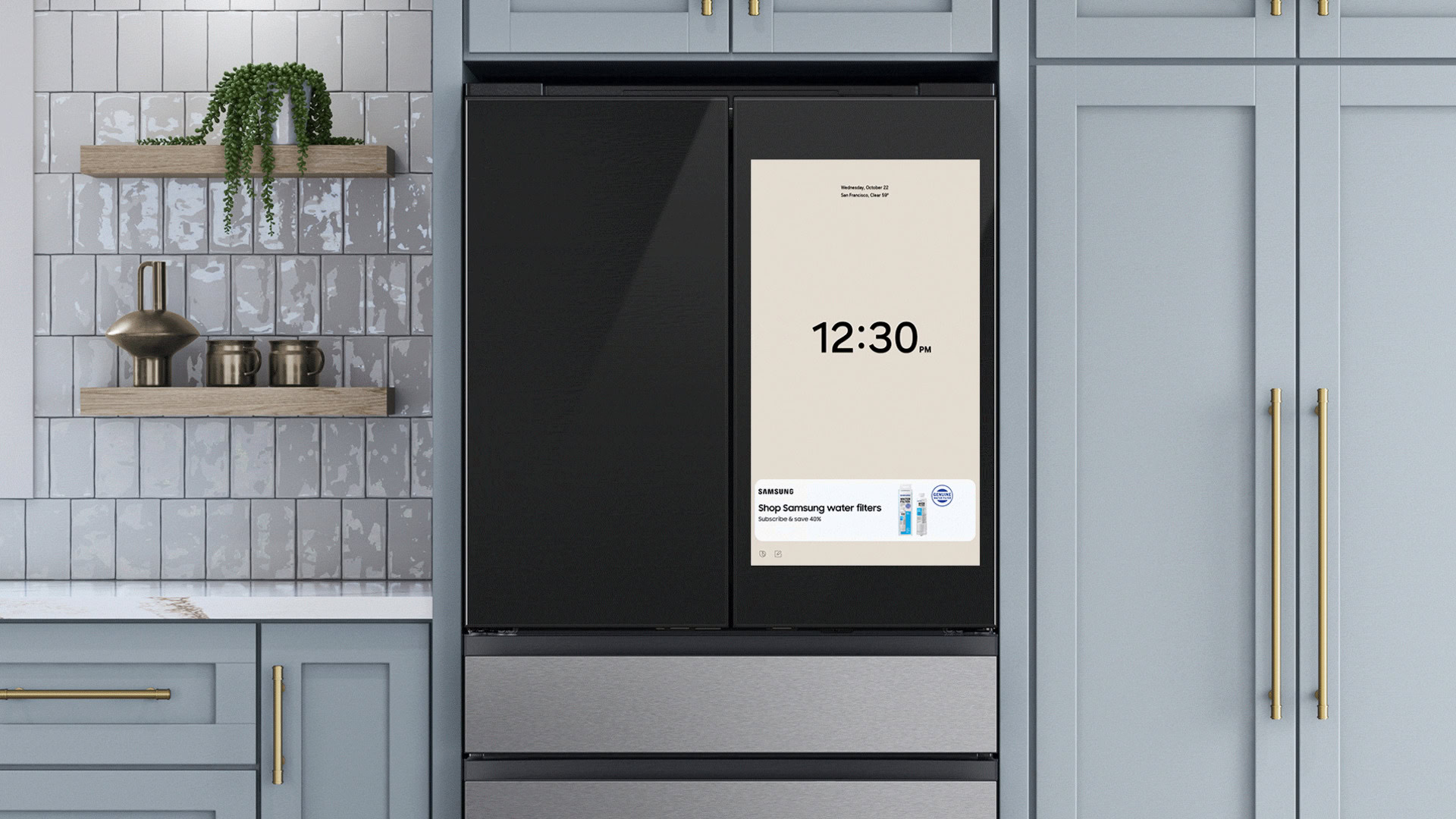Zest, the fintech subsidiary of Stanbic IBTC Holdings, has reported its first profitable quarter since its 2023 launch. The turnaround reflects the growing maturity of bank-backed fintech subsidiaries as they move from early losses to sustainable growth.
Zest posted a profit after tax of ₦543 million ($372,438) in the third quarter of 2025, compared to a ₦1.89 billion ($1.29 million) loss after tax in the same period of 2024, according to Stanbic IBTC’s financial statement for the period ended September 30, 2025.
The fintech’s performance came despite higher operating costs, which rose to ₦2.12 billion ($1.45 million) in Q3 2025, up from ₦1.26 billion ($864,221) in the first half of the year.
In H1 2025, Zest recorded a loss after tax of ₦389 million ($266,811), down 58.8% from ₦945 million ($648,165) a year earlier. This was despite a fourteenfold revenue growth to ₦874 million ($599,467) in H1 2025 from ₦61 million ($41,839) in the same period of 2024.
Zest’s Road to Profitability
Hover over each bar to see the story behind the number.
Zest’s financials show a significant shift over the last 12 months.
Source: Stanbic IBTC H1 2025 & Q3 2025 financial statements.
However, expenses climbed almost 24.95% to ₦1.26 billion ($864,221). At the time, insiders at the fintech disclosed to that Zest had achieved month-on-month profitability.
Zest is part of a wave of bank-owned fintechs—like Access’s Hydrogen and GTCO’s HabariPay—that emerged after the Central Bank of Nigeria (CBN)’s 2010 directive required commercial banks to restructure into holding companies to offer non-banking services like payments.
It makes money by enabling transfers and offering a single dashboard that integrates cards, bank transfers, mobile money, and QR codes for businesses.
Hydrogen and HabariPay found their feet early. Hydrogen’s after-tax profit hit ₦966 million ($662,569) in H1 2025, and HabariPay’s profit at ₦4.02 billion ($2.76 million) in H1 2025, and Zest has joined this group with its first-ever profitable quarter.
This improvement follows sustained capital injections from its parent group, which increased its investment in Zest to ₦4.33 billion ($2.97 million) by June 2025 — an 85.8% rise from December 2024. That funding helped the fintech strengthen its infrastructure and expand its payments network, setting the stage for profitability.
Note: exchange rate used: ₦1,457.96/$












